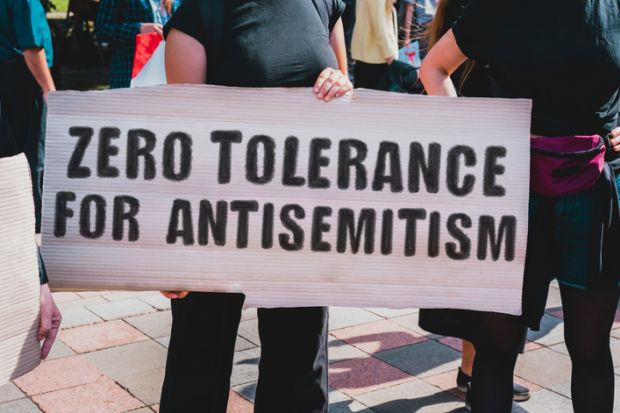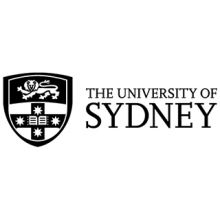Australia’s parliament is considering bills to establish inquiries into antisemitism at universities, amid the gradual dismantling of campus protest encampments in support of Palestine.
Shadow education minister Sarah Henderson claimed that antisemitic incidents in Australia had surged more than sevenfold over the past nine months, with universities often implicated.
“Since 7 October, Australians have witnessed an unprecedented spike in antisemitic activity across our country – on our streets, at synagogues, in businesses and online – but arguably nothing has been quite as bad as on some university campuses,” she told the Senate.
Her bill would establish a “commission of inquiry” to probe antisemitic activity on campuses before and after the 7 October attacks against Israel. The commission would examine harassment, intimidation and “advocacy or glorification of violence” against Jews, according to the bill’s explanatory memorandum.
The commission would review the need for policy or legislative change. It would judge efforts by universities and other campus bodies, including the National Tertiary Education Union and National Union of Students, to protect Jewish students, staff and visitors.
Its mandate would also include assessing universities’ efforts to keep teaching materials free of “antisemitic content” and to prevent staff or students “engaging in antisemitic discrimination or vilification” – including through “de facto boycotts”.
The bill is almost identical to legislation introduced into the House of Representatives by Ms Henderson’s Liberal Party colleague Julian Leeser, a former Australian Catholic University executive.
A survey of almost 600 Jewish students, conducted about six months before the October attacks, found that almost two-thirds had experienced antisemitism at university. Almost half reported being intimidated and one-quarter said they had been singled out or excluded because of Israel-related matters.
The survey was commissioned by the Zionist Federation of Australia (ZFA) and conducted by the Australian National University’s Social Research Centre. It found that staff had been identified as “active participants” in 29 per cent of the reported antisemitic incidents.
Another survey of about 7,600 Jewish Australians, conducted by Monash University’s Australian Centre for Jewish Civilisation five weeks after the October attacks, found that 64 per cent believed antisemitism was a major problem in Australia. This compared with just 6 per cent when a similar question was posed in 2017.
Seventy per cent of respondents to the Monash survey said antisemitism was rife on university campuses, while that view was shared by 60 per cent of the 600-odd students surveyed by the ZFA.
Ms Henderson has been particularly critical of the University of Sydney, where vice-chancellor Mark Scott announced the disbandment of an encampment after the last of the protesters accepted a proposal from administrators. It included an offer of representation on a “working group” to examine the university’s security-related investments.
Nine Media reported that “radical international Islamist group” Hizb ut-Tahrir, which the UK proscribed as a terrorist organisation for supporting the 7 October attacks, was using “front groups” to attempt to infiltrate pro-Palestine movements including the Sydney encampment.
Ms Henderson said Professor Scott had “capitulated” to “people linked to” a proscribed terrorist organisation. “How can students and staff be safe on a university campus when vice-chancellors are bargaining with extremists?”
A Sydney spokeswoman said the university did not have the capacity to identify extremists. “We have been assured by police we would be notified about extremist, violent or radicalised behaviour that we need to be aware of. No concerns have been raised with us by police or other government intelligence agencies at any time since the distressing events of 7 October.”
Register to continue
Why register?
- Registration is free and only takes a moment
- Once registered, you can read 3 articles a month
- Sign up for our newsletter
Subscribe
Or subscribe for unlimited access to:
- Unlimited access to news, views, insights & reviews
- Digital editions
- Digital access to THE’s university and college rankings analysis
Already registered or a current subscriber? Login












